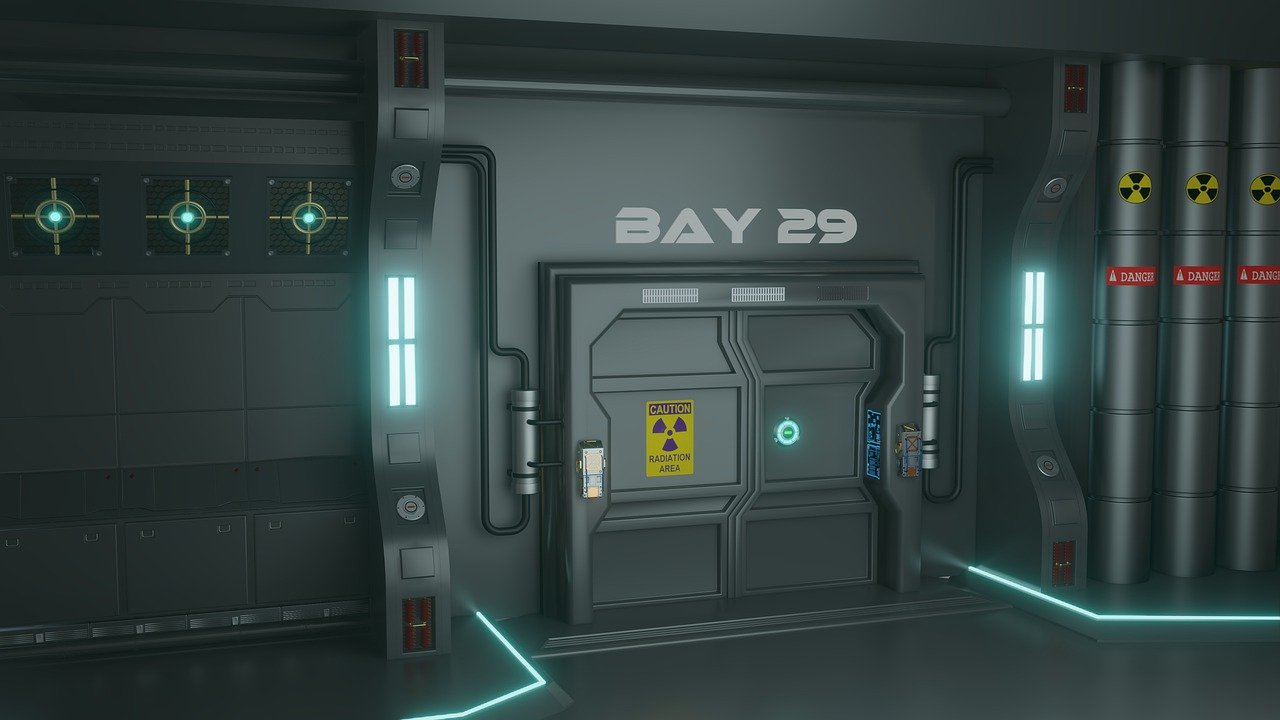
- Nov 8, 2021
- Agescan International
- Radiation Shielding
- 0 Comments
Energy, medical, and NDT industries need heavy metals and alloys for radiation shielding. For all non-destructive testing industries, materials that increase the shielding amounts are the preferred choice. It requires a dense material that increases the amount of shielding. Tungsten-heavy alloy is one of the best materials for a proper shielder as it is 1.7 times denser than lead, keeping the exposure to radiation to the bare minimum. Tungsten-heavy alloy radiation shield is one of the best options because it is one of the best materials that can handle several energy behaviours and provides the right level of protection from radiation in different cases.
Why is radiation shielding important?
Today, people working in energy plants, laboratories, hospitals, are more prone to radiation than ever before due to the modernizations in equipment and technology. The primary reason for shielding is to protect the personnel working on the site from harmful radiation.
Doctors, nurses, engineers, and everyone else is at high risk if radiation protection is not proper. The radioactive material produces harmful ionizing radiation that could lead to disastrous consequences like lung, skin, and other cancers. Therefore, it is important to have a material that can reduce exposure to radiation and protect everyone who is working in that area.
The top two materials used for minimizing radiation exposure and shielding are lead and iron. They are the traditional choice of material for radiation shielding, and facilities have been using them for years. Lead is especially the most commonly used material because of its high density to absorb radioactive rays.
However, it is not that environment friendly, which is driving facilities to try out new sources, and tungsten is one of the best choices amongst them. Tungsten vs lead radiation shielding is a debatable topic, but recent developments show that tungsten is winning the battle.
Why choose Tungsten for radiation shielding?
Tungsten is one of the best materials that have excellent ray absorption capacity and high density. Useful material for radiation protection – Nuclear, Medical & NDT, and other industries as well. It offers excellent corrosion resistance, which makes it perfect for long-lasting performance.
It’s a non-combustible material with high non-mechanical properties as well. The biggest advantage of tungsten is its high density, which leads to excellent blocking capabilities and reduces radiation opportunities.
In precision components, Tungsten heavy alloy is one of the most recommended materials to use as they require something that can handle the exposure to rays with ease.
With a combination of good corrosion resistance, density, and radiation absorption capabilities, Tungsten heavy alloy shielding is one of the widely used options in industries of different kinds.
Lead is the most commonly used source of materials for radiation shielding. However, when compared between tungsten vs lead radiation shielding, tungsten is the better choice.
It is an environment-free material and has pollution-free properties, ensuring that the industry utilizing the material complies with the environmental regulations of radiation exposure and shielding.
It doesn’t matter what the thickness of the container is or the volume of it, tungsten works well with containers of all shapes, sizes, and thicknesses.
Application of Tungsten for radiation shielding
Tungsten is a versatile material for radiation shielding. It has uses in various places and ensures that industries are safe from radiation exposure.
Medical and industrial settings use Tungsten heavy alloy shielding because of their dynamic requirements to attain protection from radiation. It is not subject to NRP, EPA, and OSHA regulations, which makes it a widely popular material to be used for radiation shielding.
Tungsten is heavily utilized in high-energy nuclear radiation shielding, Medical, and NDT. Frequently used for counterbalancing vibration dampening, aircraft control surfaces, the auto racing industry, boring bars, bucking bars, downhole logging sinker bars, engineer components, firearms, golf club weights, helicopter rotor systems, ship ballasts, and much more.
Tungsten is a material that has found uses in nuclear medicine as a collimator, container radioactive isotope, radiation, source container, and much more. Since they have a ton of radiation exposure, it is important to have material like Tungsten that can handle the energy. It also uses less material than lead and provides much more value.
Tungsten has a superior heat resistance and excellent design that leads to the best adaptability in highly radioactive environments. Radiation protection – Nuclear, Medical & NDT are more likely to benefit from Tungsten’s dense capabilities and resistance.
Agescan Tungsten provides high-quality tungsten-heavy alloy shielding for multiple applications. Our products are environment-friendly and ensure that the area remains pollution-free. We conduct proper R&D and offer the best Tungsten products that reduce exposure to radiation and keep the surroundings safe. Our products offer maximum shielding while keeping the material weight to a minimum. Get the best Tungsten products and components from us.
